
University joins ambitious regional climate partnership
Key institutions across Yorkshire including the University of Leeds are joining forces to help tackle climate change.

Key institutions across Yorkshire including the University of Leeds are joining forces to help tackle climate change.
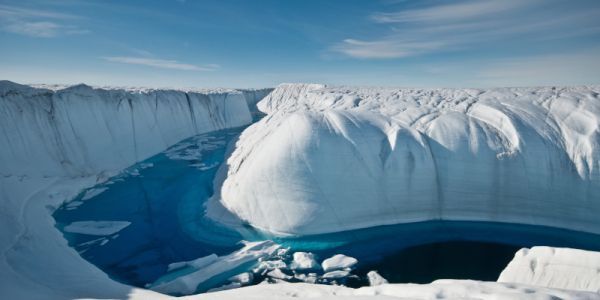
The rate at which ice is disappearing across the planet is speeding up, according to new research.
Scientists believe a key nutrient transported by the wind is contributing to the growth of algal blooms on melting ice sheets.
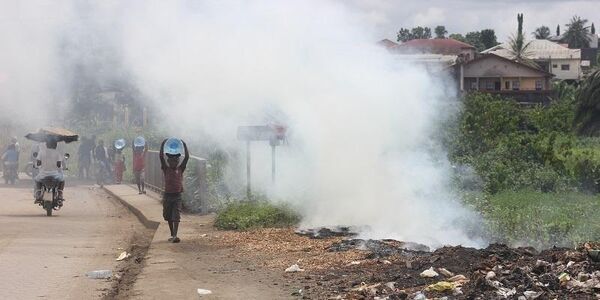
Up to one billion tonnes of solid waste is being openly burned worldwide each year and risks the health of “tens of millions of people”, according to a review of the latest scientific evidence.
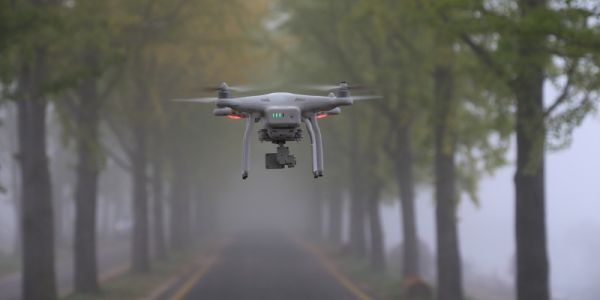
Drones, robots and autonomous systems can transform the natural world in and around cities for people and wildlife.

The global food system could drive rapid and widespread biodiversity loss if not changed, new research has found.

For the first time scientists have provided clear evidence that tropical tree lifespan decreases above a critical temperature threshold.

A new study shows that strong and rapid action to cut emissions of carbon dioxide and other greenhouse gases will help to slow down the rate of global warming over the next 20 years.
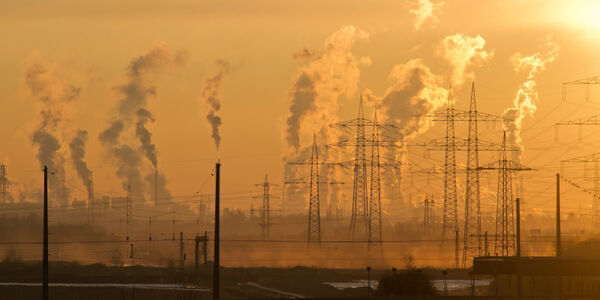
A global coalition of leading climate research universities has urged world leaders to act now to avoid catastrophic environmental consequences.
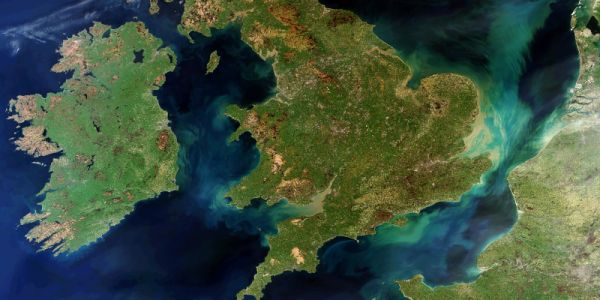
The University is to help spearhead a national programme of technological revolution backed by the UK Space Agency.